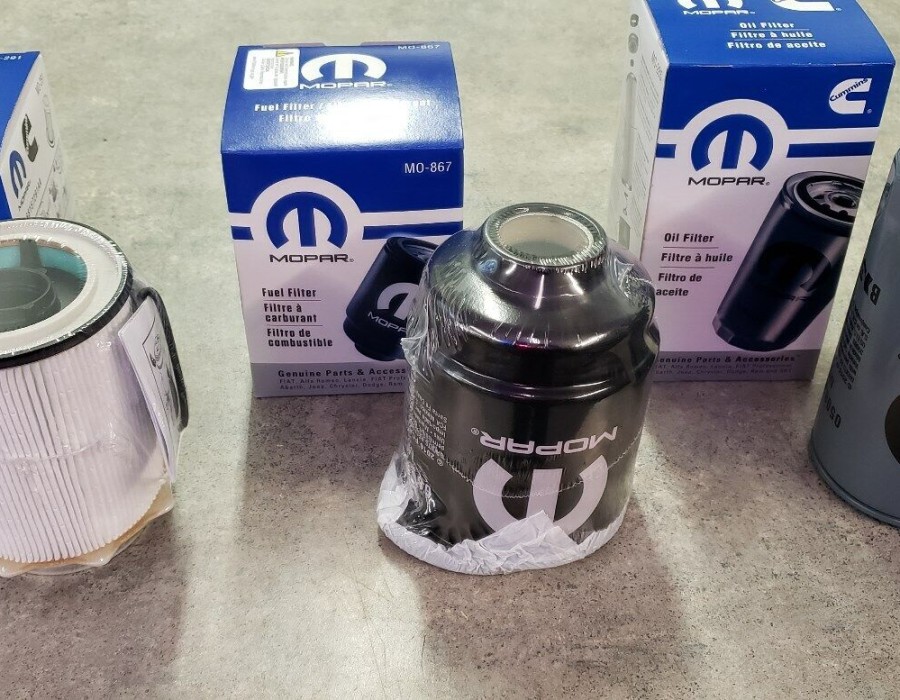The Role of Fuel Filters
Imagine your car's engine as a delicate machine, requiring a steady flow of clean, pure fuel to function optimally. Fuel filters act as the gatekeepers, preventing contaminants from entering the engine and causing damage. These unassuming components play a vital role in ensuring your vehicle's performance, efficiency, and longevity.
Understanding Fuel Filters
Fuel Filters are typically located in the fuel line between the fuel tank and the engine. They are designed to capture and remove impurities such as dirt, debris, rust particles, and water, which can be introduced into the fuel supply from various sources. These contaminants can clog fuel injectors, damage engine components, and reduce overall performance.
Types of Fuel Filters
There are several types of fuel filters, each with its own unique design and function:
- In-Line Filters: These are the most common type, consisting of a metal canister with a filter element inside. They are installed directly in the fuel line and are relatively easy to replace.
- Spin-On Filters: These filters have a threaded base that screws onto a mounting bracket. They are often used in diesel engines and offer a higher flow rate than in-line filters.
- Cartridge Filters: These filters have a replaceable cartridge that contains the filtering element. They are typically found in fuel injection systems and are designed for high-performance applications.
Signs of a Clogged Fuel Filter
A clogged fuel filter can lead to a variety of problems. Here are some common signs that your fuel filter may need to be replaced:
- Decreased Engine Power: If your car feels sluggish or lacks acceleration, it could be a sign that the fuel filter is restricting fuel flow.
- Difficulty Starting: A clogged filter can make it harder for the engine to start, especially in cold weather.
- Rough Idling: If your engine idles unevenly or stalls, it could be due to a clogged fuel filter.
- Reduced Fuel Efficiency: A clogged filter can cause your car to consume more fuel than usual.
- Check Engine Light: In some cases, a clogged fuel filter can trigger the check engine light to illuminate. Also resd it
Replacing the Fuel Filter
Replacing a fuel filter is a relatively simple task that can often be performed by a DIY mechanic. However, it's important to consult your vehicle's owner's manual for specific instructions and to use the correct replacement filter. Failure to follow the proper procedures can lead to damage to the fuel system or engine.
Fuel Filter Maintenance
While most fuel filters are designed to last for several thousand miles, regular maintenance is essential to ensure optimal performance. Here are some tips for maintaining your fuel filter:
- Check the Filter Regularly: Inspect the filter for signs of dirt, debris, or damage. If the filter is heavily soiled or appears to be damaged, it should be replaced.
- Use High-Quality Fuel: Filling up at reputable gas stations and using high-quality fuel can help to prevent contaminants from entering your fuel system.
- Avoid Fuel Contamination: Be careful when refueling to avoid accidentally introducing dirt or water into the fuel tank.
- Follow Recommended Replacement Intervals: Consult your vehicle's owner's manual for the recommended replacement interval for your fuel filter.





Comments